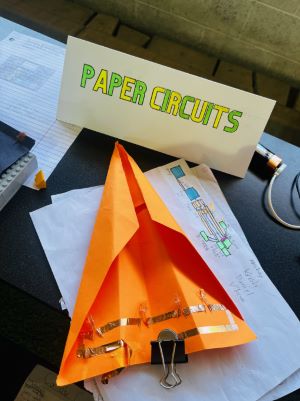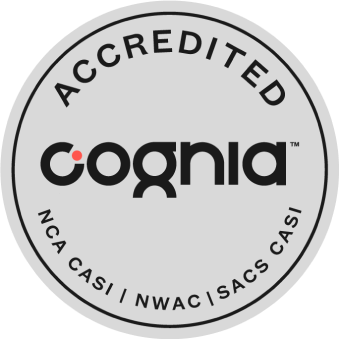International Women in Engineering Day is celebrated every year on June 23. This day of awareness is dedicated to raising the profile of women who work in engineering and inspiring future generations of women to pursue careers in technical fields.
The day was started by the Women’s Engineering Society in 2014. Originally celebrated in the UK, the day is now recognized worldwide.
At BASIS Charter Schools, we pride ourselves on our advanced STEM-based curriculum. Students take Engineering classes from kindergarten to grade 4. Many of our schools also offer Engineering electives or extracurriculars that students can pursue in upper grades.
We’re spending this International Women in Engineering Day getting to know one of our incredible Engineering teachers—Laina Moussallem from BASIS Phoenix Central! Ms. Moussallem is a dedicated and passionate educator who inspires her students through a variety of exciting, hands-on projects. For the 2024–25 school year, Ms. Moussallem will be teaching at our brand new campus, BASIS Phoenix North. Read our interview below to learn more about Ms. Moussallem and her perspective on women in engineering.
How long have you been with BASIS and what roles have you held over the years?
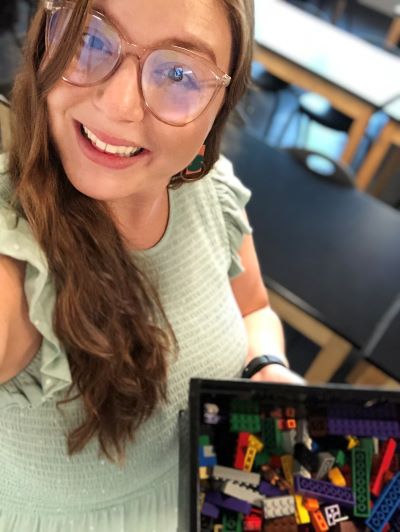
Ms. Moussallem: I’ve worked for BASIS since September of 2017, so seven years total! In that time, I’ve worn many hats. In my first year, I taught Science for grades 4–5 at BASIS Goodyear. Then I moved to BASIS Phoenix Central, where I started with grades 1–3 Engineering and Technology. Over the years, my role expanded and I now teach Engineering and Technology for grades K–4.
Every year, I train new BASIS teachers and help them become familiar with our Engineering curriculum. This upcoming year—in addition to my teaching—I will be working as a Curriculum Support Specialist for Computer Science and Engineering. In this role, I will help reorganize and improve upon the content for our Engineering courses.
While my main role at BASIS has always been focused on Engineering, I’ve also taught theater classes, led special programs and ran student clubs. Next year, I’m going to be teaching art classes, too!
Before you joined BASIS, your background was in biomedical engineering. Can you explain what biomedical engineering is and what inspired you to pursue a career in this field?
Ms. Moussallem: I have a Bachelor of Science and Master of Science in Biomedical Engineering. Mainly, this type of engineering focuses on improving the quality of life for humans and animals. When I teach this unit to students, I introduce it with something they are all familiar with—a doctor’s office. I tell them that everything the doctor uses to check their health likely had a biomedical engineer involved in creating it. There is quite a variety of impactful biomedical devices, including prosthetic limbs, diagnostic devices and pacemakers. Even hospital beds are designed by biomedical engineers!
I became interested in biomedical engineering when I was a child. My grandfather was diagnosed with stage 4 cancer, and though I didn’t fully understand what was happening at the time, I saw the pain it caused to my family. After he passed away, I couldn’t stop thinking about if something could be done to prevent this sort of thing from happening to other people. I began reading about advancements in nanotechnology and decided I wanted to work in the medical field. Eventually, I discovered that my true passions were in education. I was an online tutor throughout college and did K–12 engineering education outreach alongside the assistant dean at the Ira A. Fulton Schools of Engineering at Arizona State University. I’m grateful I ended up in a career that allows me to combine my passion for education and my passion for engineering!
What challenges have you faced as a woman working in engineering, and how have you overcome these challenges? Do you have any advice for young women who are interested in becoming engineers?
Ms. Moussallem: I would say underrepresentation is one challenge I have faced. While in college, the majority of my professors and peers were not women. That alone can be discouraging, creating a sense that you don’t belong. However, I definitely had more female peers and professors in my courses that were specific to biomedical engineering.
I was also a newly single mother in college, which had its own challenges. Thankfully, I have a supportive family and my mother helped me a lot with my son. Accepting help was difficult for me at first, but looking back, I am very thankful. My son graduated kindergarten at the same time I was graduating with my BSE, and we had a huge celebration!
The advice I can offer young women who want to become engineers is to keep your eye on your goals, both small and large. Don’t allow surrounding circumstances to stop you from obtaining your goals. Women have so many more opportunities now than we did throughout history, and we have strong women leaders to thank for that. We should emulate this strength in our own work.
Why do you think it’s important to encourage young girls to pursue careers in engineering? Why does representation and equity matter in engineering spaces?
Ms. Moussallem: Diverse teams in any workspace can yield versatility. Young girls who take an interest in STEAM should absolutely be encouraged to pursue careers in those fields. My role as a teacher is to introduce those fields as opportunities, so my students can see it as an option for their life path and begin to develop their own passions and goals. I let my students know that working in engineering is not an easy path, as it takes a great deal of focus, responsibility and determination. However, we need strong engineers in our world because they play an impactful role in all of our lives. I hope that I have inspired and will continue to inspire young girls—and all children, really—to want to know more about engineering.
How do you incorporate project-based learning or hands-on experiences into your lessons? Do you have any favorite lessons that you enjoy teaching to your students?
Ms. Moussallem: All of my units involve hands-on, project-based learning. Drawing a diagram and labeling it, making slime, tinkering with Play-Doh circuits, and creating animal prosthetic models are among some of my favorite projects I teach.
Another favorite project for both me and the students is building gingerbread houses during the holiday season. We build structures using graham crackers and frosting, and we decorate them with candy. Who doesn’t love candy? I take a photo of each student with their gingerbread house before they leave my classroom and gift each student a hard copy of the image to take home to their families.
You mentioned that you will be teaching Art next year in addition to Engineering. Do you have any examples of times you’ve incorporated art into an engineering lesson? In your opinion, how do the two subjects overlap?
Ms. Moussallem: I’m a strong believer of the STEM to STEAM movement—in other words, incorporating art into STEM education. Aesthetics have always been a part of engineering. People care about what things look like. Look at the iPhone, for example. If we look at the way its appearance has changed over the years with each new model, it is astounding to see the consumer rates change along with it.
One example I have of incorporating art into an engineering project is with our animal prosthetics project. After the students create their prosthetics, I always ask them to get creative with paint to make the prosthetic look like it’s a part of the animal’s body. Our school has an annual showcase for both art and engineering projects. There really is a lot of overlap in terms of creativity and bringing your vision to life!
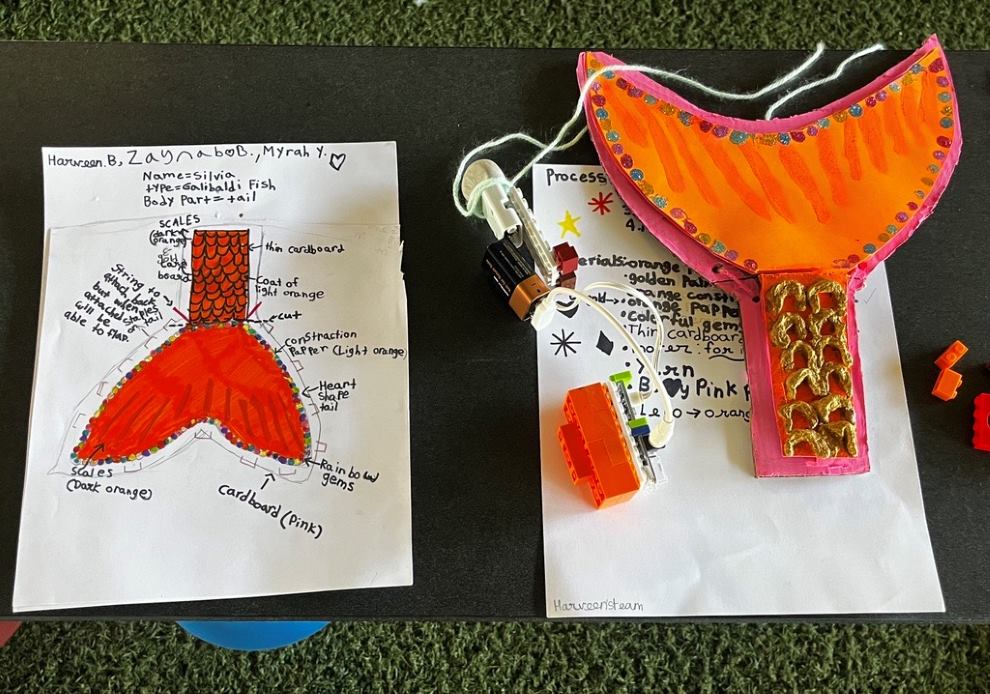
How would you describe the overall feeling or atmosphere of BASIS Charter Schools? What makes BASIS different from other schools?
Ms. Moussallem: BASIS Charter Schools are rigorous, immersive and multi-faceted. I think that the rigor, the variety of courses offered, the teacher expertise, and the student engagement truly sets BASIS apart from other schools. The core curriculum is often 1–2 years ahead of your average public school. Engineering is a unique class that families definitely cannot find at most elementary schools, but it doesn’t stop there! BASIS also offers classes like Mandarin, Martial Arts and Theatre starting in kindergarten. What an opportunity BASIS has created for young children to soak up knowledge across a wide range of subjects!
BASIS hires teachers who are experts in the subjects they teach. For example, Engineering classes are taught by teachers with a degree in Engineering. Why do you think this teaching model is valuable?
Ms. Moussallem: From grades 1–3, we have a co-teaching model with two teachers in each classroom. The Subject Expert Teacher (SET) is an expert in that subject while the Learning Expert Teacher (LET) is an expert in teaching. Having two teachers in the classroom not only impacts the student-to-teacher ratio—it also allows one teacher to focus on developmentally appropriate learning while the other teacher can focus on sharing their expertise in the subject matter. Kids absolutely can move mountains with the right guidance, and the co-teaching partnership does just that.
What is the most rewarding aspect of teaching Engineering to primary school students?
Ms. Moussallem: The most rewarding aspect is passing on knowledge that I didn’t even learn until college. Seeing the light bulbs turn on in their eyes and hearing their thoughtful answers to difficult questions is really gratifying to me. My class also happens to be a favorite among the students at BASIS Phoenix Central, which makes me really proud. The students love the hands-on learning and are always engaged in our classroom activities.
I also think that it’s wonderful we get to discuss real world problems and come up with solutions for these problems. Students love seeing their ideas come to fruition by creating a proof of concept. Students leave my class with an understanding of what engineering is and why it’s so valuable for our society.
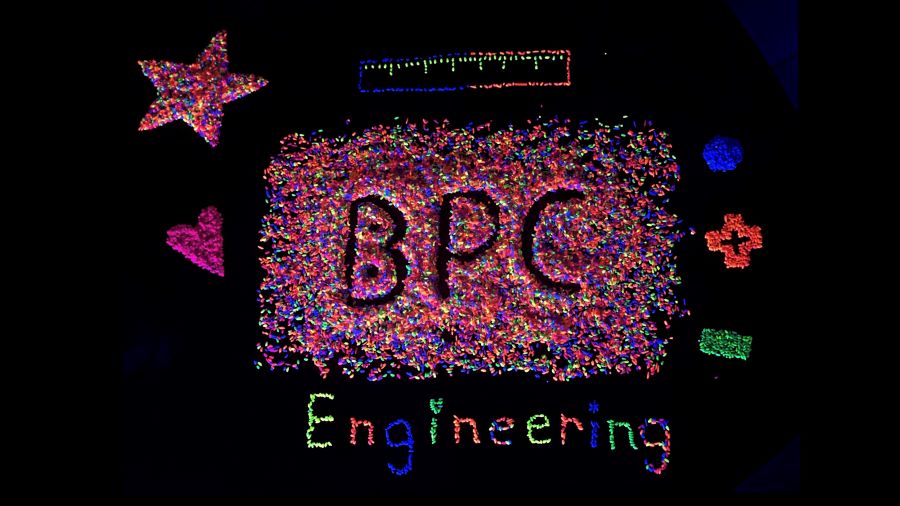
We appreciate Ms. Moussallem for taking the time to talk with us and for everything she does for our students. We’re lucky to have her at BASIS Charter Schools!
To learn more about the STEM education offered at BASIS Charter Schools, read about our curriculum for grades K–12. You can experience the supportive and inspiring culture of BASIS Charter Schools firsthand when you schedule a school tour. We can’t wait to meet you!


